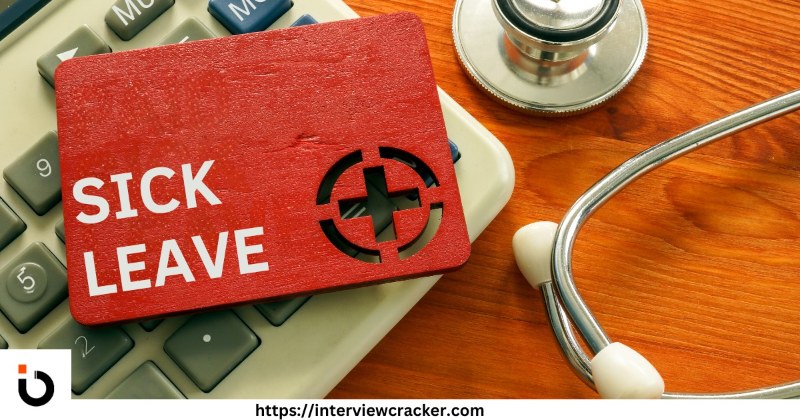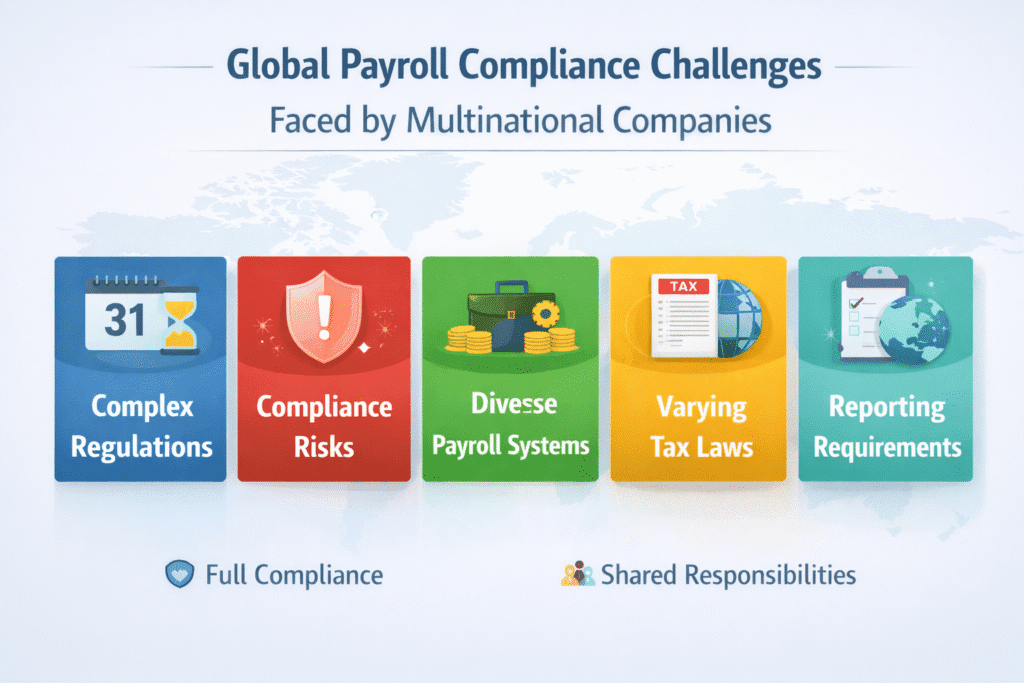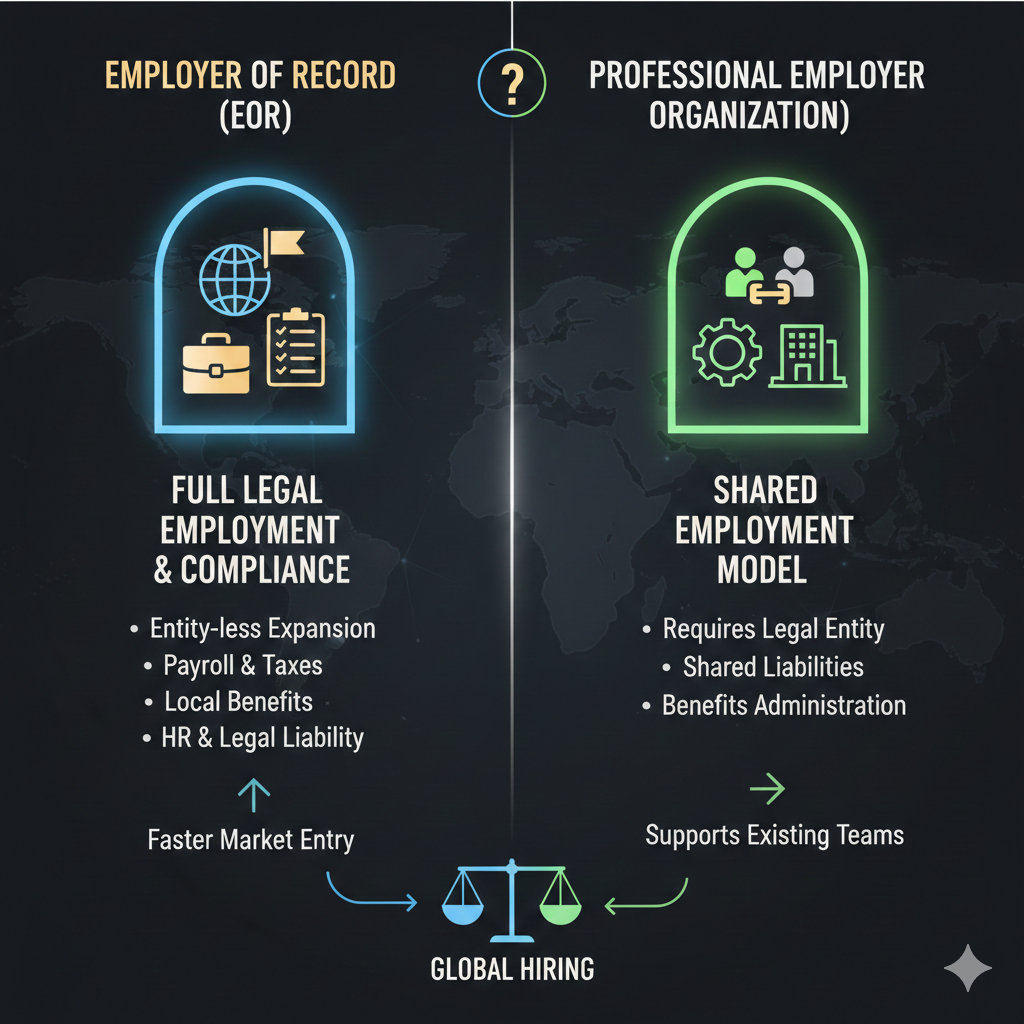Employee Health Issues in Workplace have become a major concern for both job seekers and employers. Today, professionals look beyond salaries and job titles — they’re prioritizing environments that support their physical and mental well-being. In the wake of COVID-19 and increasing awareness around burnout and chronic stress, workers are actively choosing careers that promote long-term health and work-life balance.
Health concerns are a big reason for this change. A 2024 Gallup study found that employees worry more about health and well-being since the pandemic.
Burnout, once rarely discussed, is now a major topic, pushing people to find roles with better balance. As health becomes a top priority, candidates are rethinking what makes a job worth taking. This leads us to look at industries where health risks often go unnoticed.
Let’s check out what health concerns are in various careers and how they affect professionals.
Table of Contents
ToggleIndustries Where Health Risks Are Under-Discussed
A 2023 Statista report said 40 percent of millennials struggle to perform at work. Along with this, 30 percent have low energy.
Some industries have health challenges that job seekers might not notice at first. In tech, sitting for long hours and staring at screens can hurt physical and mental health. These risks build up over time, making some question whether staying in tech is worth it.
Manufacturing and logistics also have issues. Repetitive stress injuries affect workers in the field. Exposure to chemicals or unsafe tools adds more danger.
Healthcare and support roles face burnout and physical strain, too. A 2023 study noted that 56 percent of nurses feel emotionally exhausted. These examples show why health transparency matters in these fields.
When a Job Becomes a Health Hazard
Certain careers come with health risks that can change lives. Firefighting, for instance, means extended exposure to toxic materials, which can cause serious health problems.
Recent cases, like the firefighter foam lawsuit, show a growing need to check for hidden risks before picking or staying in certain jobs. This is related to a particular type of firefighting foam used during active duty, called AFFF, (Aqueous Film Forming Foam), which is allegedly carcinogenic.
A report found firefighters have a 14 percent higher cancer risk due to chemical exposure. Numbers like these make workers rethink the safety of high-risk jobs.
When employers don’t clearly explain these dangers, trust fades, and people start looking for other paths. This growing awareness is changing how workers plan their careers, especially in risky fields.
How This Awareness Is Reshaping Career Trajectories
Health concerns are encouraging earlier career changes. Younger workers, in particular, choose jobs that avoid long-term health risks. This focus on well-being over pay or status is changing how people plan their careers.
Companies now face pressure to tackle these issues. If they don’t share clear health policies, they risk losing workers. According to Forbes, workplace safety and well-being continue to decline, with physical and mental health being a top concern.
To keep talent, businesses need to offer wellness programs and be open about risks. This shift is making health a major factor in career moves.
Beyond policies, the culture of a workplace also shapes health choices. How companies support well-being influences career decisions.
Role of Workplace Culture in Health Decisions
A company’s culture can make or break its ability to keep workers healthy and engaged. Supportive environments, ones that offer flexible hours, mental health resources, or safety training, build trust and encourage employees to stay.
A 2023 Deloitte study found that workers are more likely to remain with employers who prioritize employee well-being and trust among peers. This shows that culture is a key part of career choices.
On the flip side, toxic cultures drive people away. Constant pressure, unclear safety rules, or ignored health concerns push workers to look elsewhere. Companies that build open, health-conscious cultures see less turnover and attract talent. This makes culture a vital piece of the health and career puzzle.
For workers, these trends mean taking charge of their health. Smart steps can lead to better career choices.
Takeaway for Job Seekers
Health needs to be part of your job search checklist. Look into industry-specific risks, like chemical exposure in manufacturing or burnout in healthcare, before committing.
Doing this research helps protect your long-term health and keeps your career on track.
Career moves aren’t just about more money or better titles anymore. They’re about finding jobs that support your physical and mental health for the long haul. By checking health risks and researching industries, you can build a career that lasts.
In a time when workplace dangers are more visible, your well-being is the true measure of job success.
FAQs: How Employee Health Issues Impact Career Mobility
1. What Should I Do If My Mental Health Affects My Work Performance?
If mental health challenges (e.g., anxiety, burnout, depression) are impacting your job:
Talk to HR: Disclose your situation confidentially and ask about accommodations (e.g., flexible hours, remote work).
Use Employee Assistance Programs (EAPs): Most employers offer free counseling or therapy sessions.
Request FMLA or ADA Protections (US-specific): The Family and Medical Leave Act (FMLA) or Americans with Disabilities Act (ADA) may entitle you to unpaid leave or workplace adjustments.
Prioritize Self-Care: Seek professional help and set boundaries to avoid long-term career setbacks.
2. How Do Employee Health Issues Affect Career Advancement?
Chronic health problems or untreated mental health conditions can:
Reduce productivity, leading to missed promotions.
Limit visibility due to frequent absences.
Create biases (conscious or unconscious) from managers.
Pro Tip: Document your achievements and request formal feedback to counteract stigma.
3. What Are My Rights Regarding Health Insurance Through My Employer?
In most Tier 1 countries:
US: Employers with 50+ employees must offer health insurance (Affordable Care Act). Plans often cover mental health, prescriptions, and preventive care.
UK: Employers may provide private health insurance, but the NHS covers basic care.
Canada/Australia: Public healthcare is standard, but employers often supplement with private plans for dental, vision, or therapy.
Note: Review your “Summary of Benefits and Coverage” (US) or “Policy Document” (UK/EU) to understand inclusions.
4. Can Employers Fire You for Mental Health Issues?
No, in most Tier 1 countries:
US: The ADA prohibits discrimination against employees with disabilities (including mental health conditions).
UK: The Equality Act 2010 protects workers from dismissal due to health issues.
Canada: Human Rights Acts safeguard against health-related termination.
Exception: If accommodations cause “undue hardship” to the employer, termination may be legal.
5. How Do I Ask for Workplace Accommodations for a Health Condition?
Submit a Formal Request: Provide a doctor’s note outlining needed adjustments (e.g., ergonomic chairs, reduced hours).
Use Clear Language: Frame requests around productivity (e.g., “Remote work will help me manage chronic pain and deliver better results”).
Know the Law: Cite the ADA (US), Equality Act (UK), or equivalent legislation in your country.
6. What Are the Most Common Workplace Health Issues Affecting Career Growth?
Chronic Stress/Burnout: Impacts focus and decision-making.
Musculoskeletal Disorders: Limits physical roles (e.g., construction, nursing).
Mental Health Conditions: Anxiety/depression reduces engagement and innovation.
Long COVID: Fatigue and brain fog hinder performance in knowledge-based roles.
7. How Does Employer Health Insurance Cover Mental Health Treatment?
Most employer-sponsored plans in Tier 1 countries include:
Therapy/Counseling: Covered under behavioral health benefits.
Medications: Antidepressants or anti-anxiety drugs (may require co-pays).
Inpatient Care: Coverage for severe cases (e.g., hospitalization).
Check: Use terms like “in-network providers” and “pre-authorization requirements” to avoid surprise bills.
8. Can I Switch Jobs If My Current Workplace Exacerbates Health Issues?
Yes, but:
Disclose Strategically: Avoid sharing health details during interviews; focus on “seeking a better work-life balance.”
Research New Employers: Look for companies with strong wellness programs (e.g., LinkedIn’s “Workplace Wellness” badge).
Leverage Remote Roles: Reduces physical/mental strain from commuting or office politics. Check: High-Paying Remote Jobs No One Talks About (Not Coding or Design!)
9. How Do Workplace Health Programs Improve Career Mobility?
Companies with robust wellness initiatives often see:
Higher Retention: Healthy employees stay longer, building experience.
Leadership Opportunities: Wellness champions often gain visibility for promotions.
Skill Development: Programs like stress management workshops improve soft skills.
10. What Should I Do If My Employer Denies Health-Related Accommodations?
Escalate Internally: File a grievance with HR or a union representative.
Seek Legal Advice: Contact labor boards or employment lawyers (many offer free consultations).
Document Everything: Save emails, medical notes, and performance reviews as evidence.
11. How Does Poor Physical Health Limit Career Opportunities?
Manual Labor Roles: Chronic pain or disabilities may restrict physically demanding jobs.
Leadership Roles: Frequent sick days reduce reliability perceptions.
Global Assignments: Visa restrictions may apply for certain medical conditions.
12. Are Mental Health Days Legally Protected?
US: No federal mandate, but some states (e.g., California) require paid sick leave for mental health.
UK/Australia/Canada: Mental health is typically included under general sick leave policies.
Tip: Use terms like “stress-related leave” when requesting time off.





